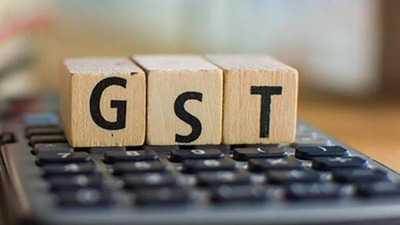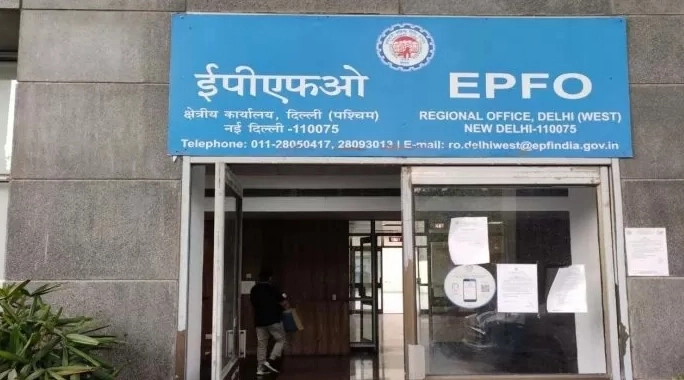
GST filing gets stricter from July 1: Key changes explained
30 Jun 2025
The Goods and Services Tax (GST) compliance process will change from July 1, 2025, with two major amendments: locking of GSTR-3B forms and a three-year time limit for filing returns.
The changes were recommended by the GST Council to enhance accuracy and transparency in return filing while reducing mismatches and fraudulent claims.
The first change will make the GSTR-3B form non-editable after auto-population of tax details.
GSTR-3B locked after auto-population of tax details
Form restrictions
Starting from the return period of July 2025 (to be filed in August), the GSTR-3B form will be locked after tax details are auto-populated.
Taxpayers won't be able to manually change figures related to outward supplies and tax liability in this form.
All revisions would have to be done using the GSTR-1A form before filing GSTR-3B, with only one correction per tax period allowed.
Manual entries allowed only for reverse charge transactions
Revenue protection
The new rule seeks to ensure consistency between GSTR-1 (which records outward supplies) and GSTR-3B (used for tax payment), thereby reducing revenue leakages due to mismatches.
However, manual entries will still be allowed for reverse charge transactions.
This is a major step toward ensuring accurate reporting of GST liabilities by taxpayers.
Three-year limit for filing returns
Filing advice
The second major change comes into effect on July 1, 2025, when taxpayers will not be able to file returns that are over three years past their due date.
This rule applies to all GST return forms including GSTR-1, 3B, 4, 5, 5A, 6, 7, 8, and 9.
Taxpayers with pending returns for older periods have been advised to complete their filings before the cut-off date or risk losing input tax credit (ITC) permanently.
Businesses will have to ensure timely and accurate data
Compliance evolution
The changes signal a shift toward a more automated and disciplined GST compliance environment.
With GSTR-3B locked and old returns time-barred, businesses will have to ensure their data is accurate and timely across all GST forms.
Any delay in filing or error in GSTR-1 will automatically carry over to GSTR-3B, leaving no room for later corrections.
This could affect buyers' ability to claim ITC if revisions are made after GSTR-2B is generated—typically around the 14th of every month.
-
Heavy Rain Alert: Heavy rain in Delhi-NCR, Punjab and Haryana! IMD issues ‘Red Alert’ in Himachal

-
EPF Withdrawal Rules: How much money can you withdraw if you are unemployed, know the full details here

-
Furious Tory calls for BBC licence fee to be axed after Glastonbury Bob Vylan row

-
Challenge: Only a person with 20/20 eyesight can spot the hidden golf ball in just 5 seconds

-
Wimbledon giant who stands at 6ft 8in hits fastest ever serve and obliterates record
